LOS ANGELES (AP) – Billie Eilish and Finneas O’Connell have proven to be a winning pair, with their “Barbie” blockbuster ballad “What Was I Made For?” earning them the Academy Award for Best Original Song on Sunday night.
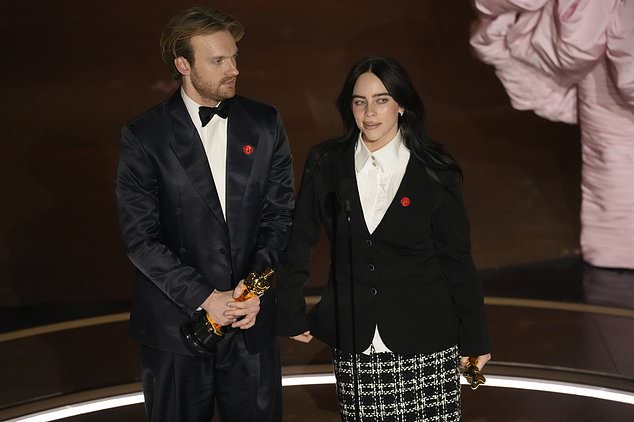
At 22, Eilish has now become the youngest person by a significant margin to win two career Oscars, surpassing the long-standing record set by Luise Rainer in 1938 when she won her second Best Actress Oscar at 28.
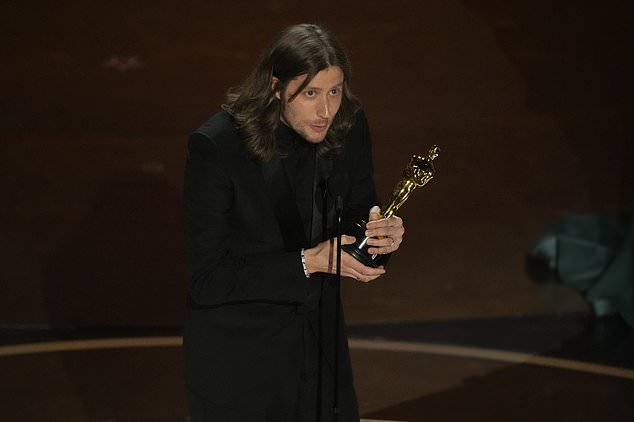
Finneas O’Connell, Eilish’s 26-year-old brother and co-writer, is now the second youngest two-time Oscar winner. The duo previously won their first Oscar for “No Time to Diе” in 2021, triumphing over notable names like Beyoncé, Van Morrison, Lin-Manuel Miranda, and Diane Warren.
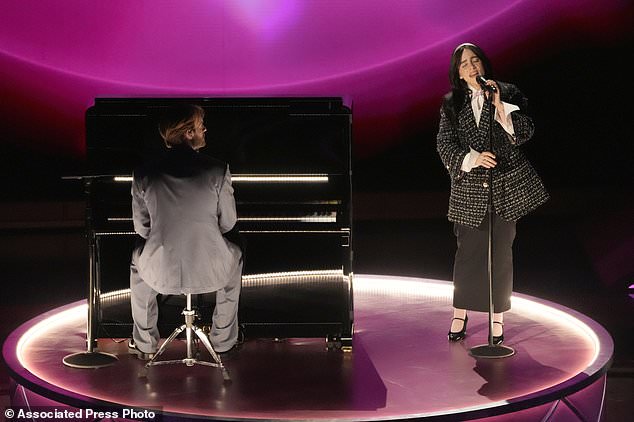
Eilish, in her acceptance speech, expressed surprise and gratitude, thanking her team, parents, and even her childhood friend Zoe, adding a touch of humor to the moment. The song “What Was I Made For?” from the Barbie soundtrack competed against other Barbie tracks and secured the prestigious award.
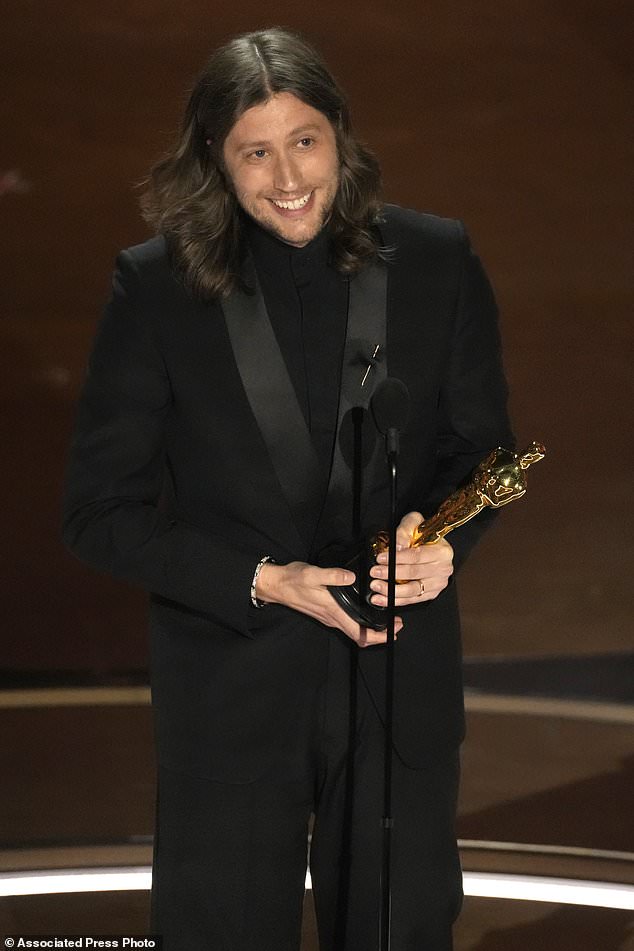
The sibling pair had previously performed during the in memoriam segment in 2020 and had a successful run leading up to the Oscars, winning a Golden Globe and two Grammys in 2024 alone for the same song.
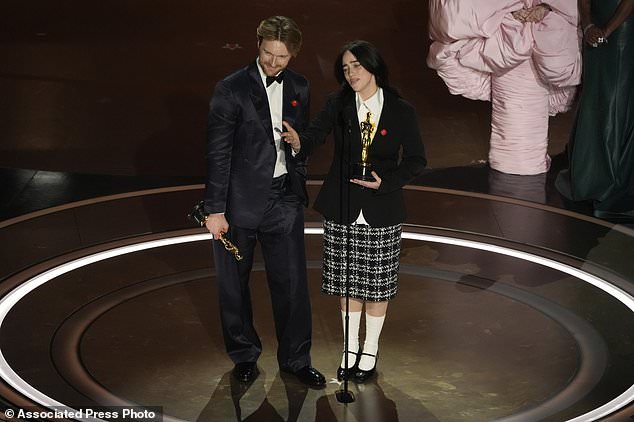
The ballad, inspired by an 11.5-inch-tall plastic doll, made its mark on the U.S. Billboard Hоt 100 chart, peaking at No. 14. In the Barbie film, the song plays a significant role, serving as a leitmotif for the protagonist’s introspective moments.
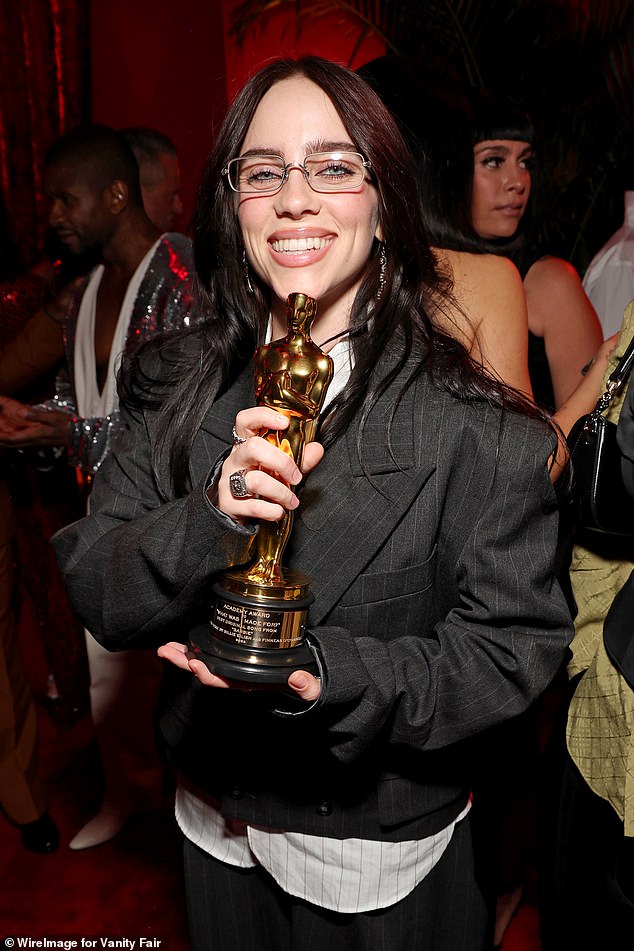
In the original score category, Ludwig Göransson won the Oscar for his work on “Oppenheimer,” securing his second Oscar and third nomination. Göransson beɑt nominees including John Williams and first-time nominees Jerskin Fendrix, Laura Karpman, and the late Robbie Robertson. In his speech, Göransson acknowledged director Christopher Nolan’s idea to use violin in the score and thanked his parents for encouraging his musical pursuits over video games.

“Oppenheimer,” directed by Nolan and starring Cillian Murphy, explores the Manhattan Project and its aftermath. Göransson’s score received acclaim for its personal and emotional resonance, complementing the film’s exploration of a complex historical figure’s feelings and ambitions.

